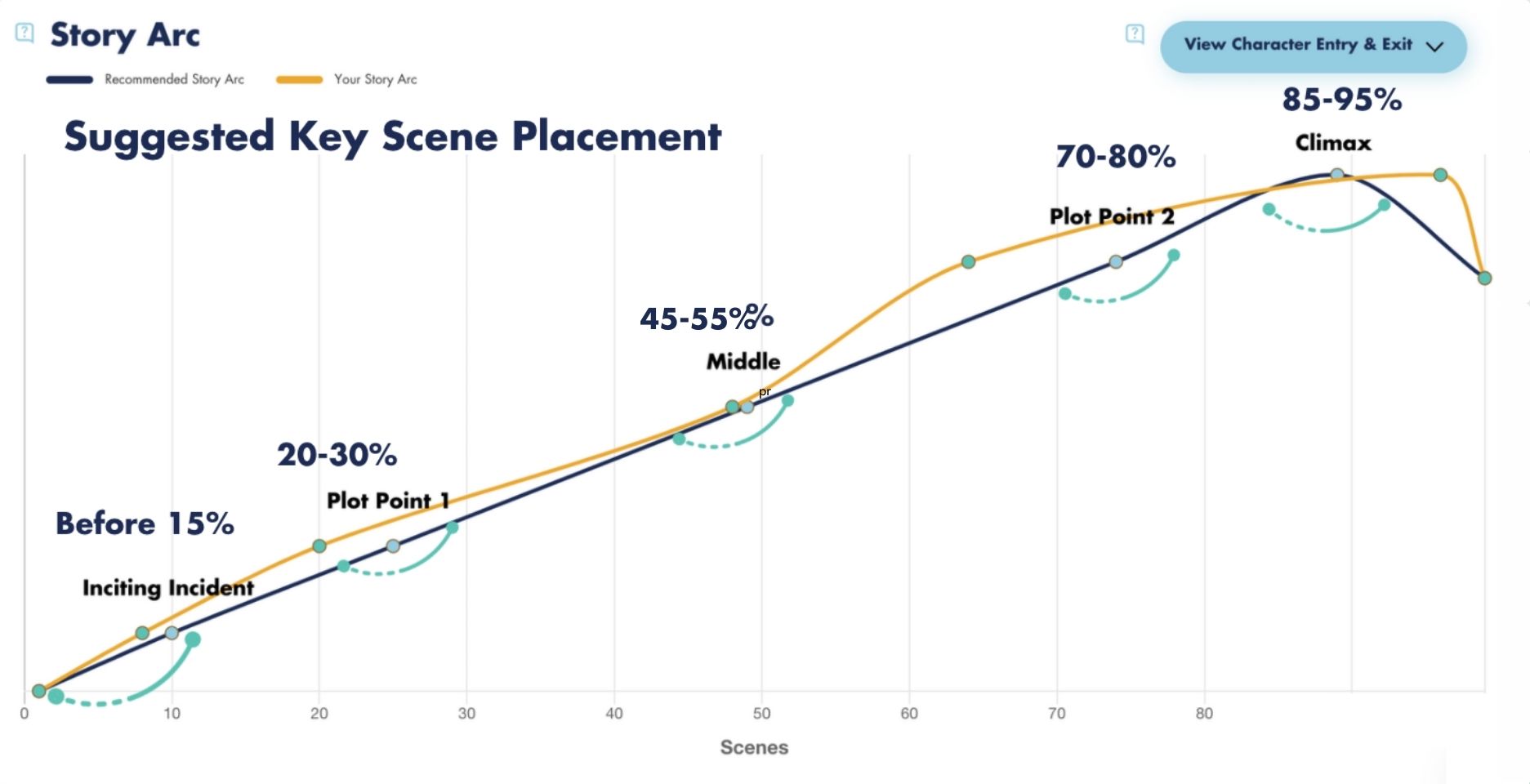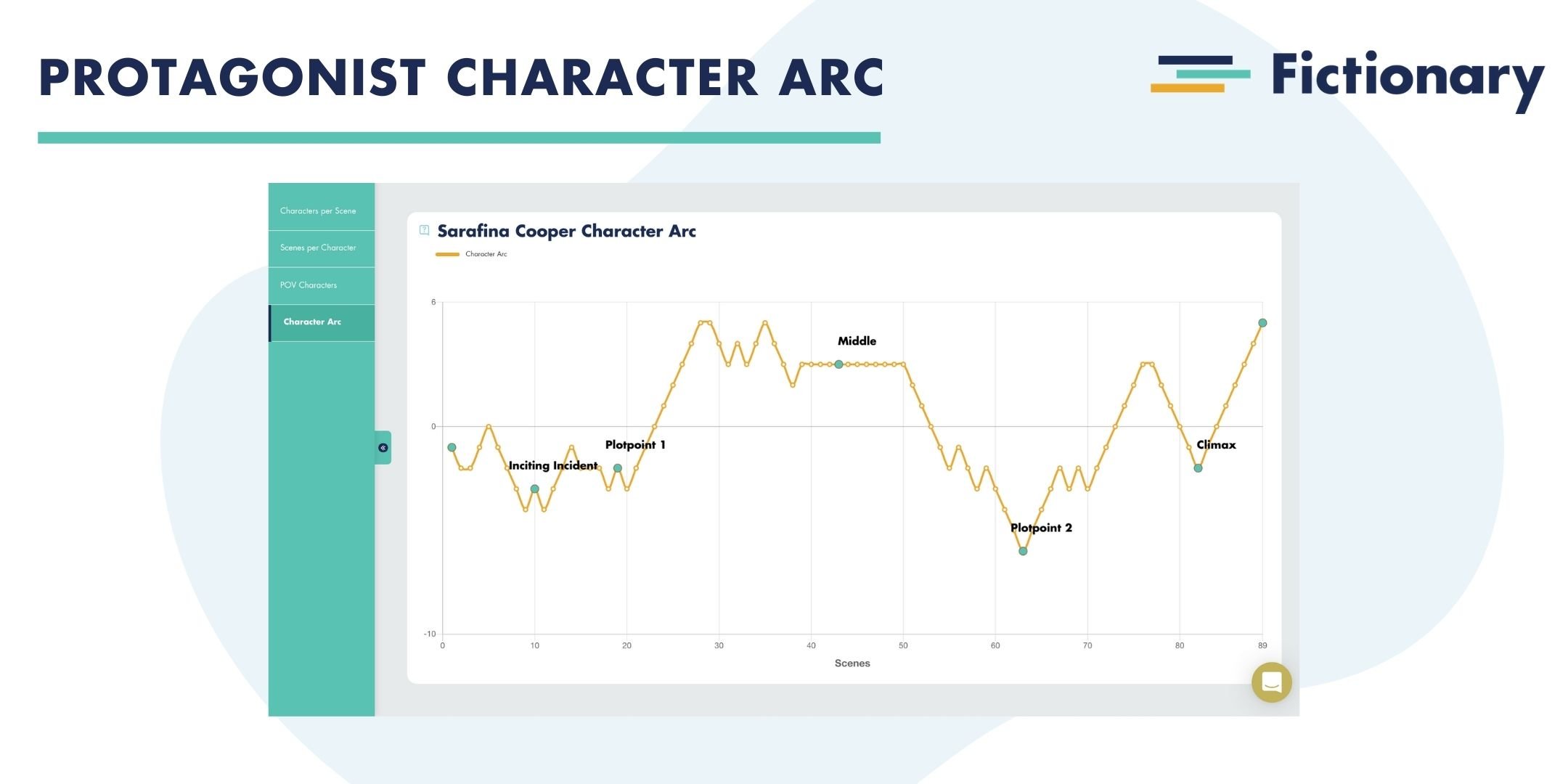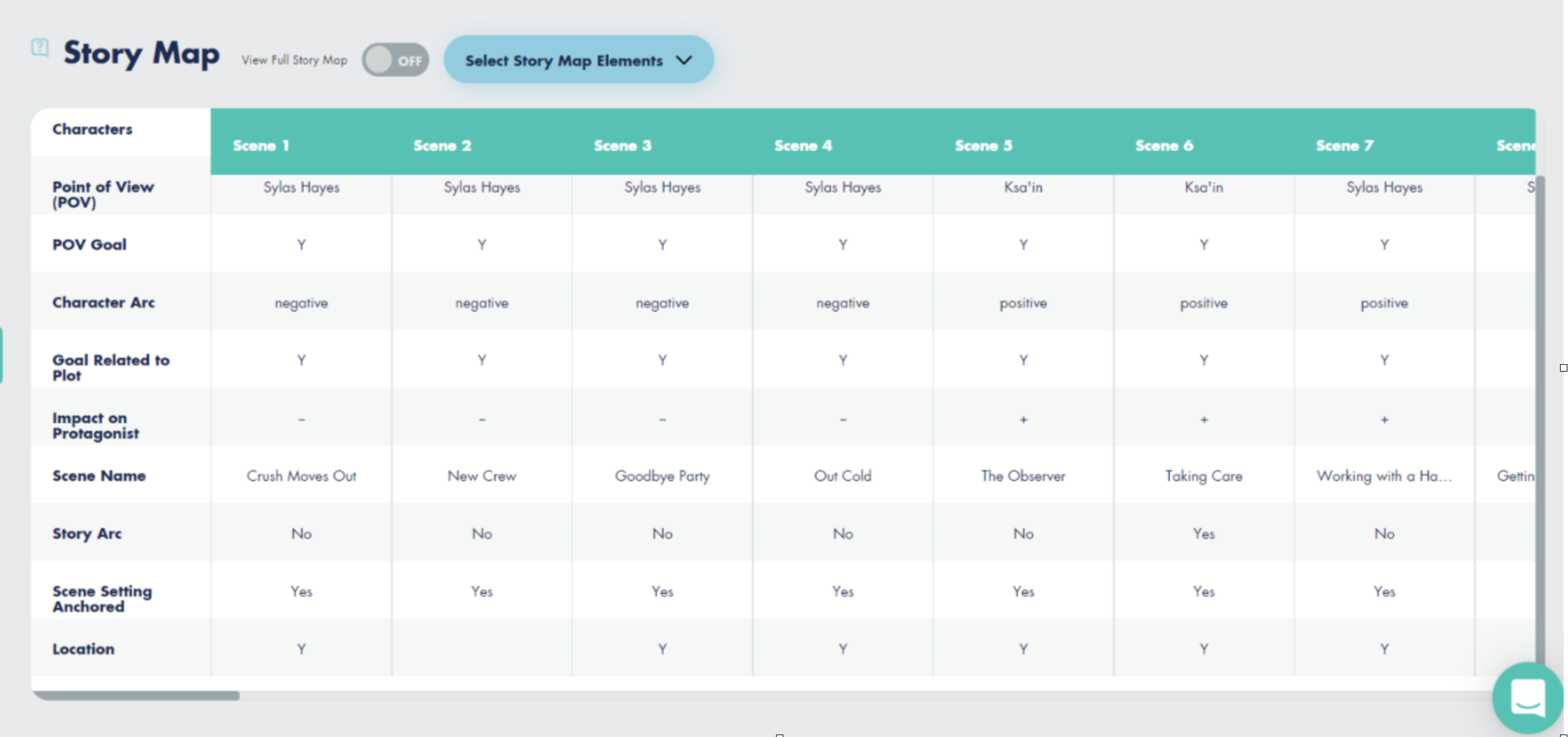
Many new authors struggle to understand the different levels of editing, including which is needed and when. This confusion is not surprising. Some editing terms are used almost interchangeably, and different terms are often used to describe similar levels of editing between text forms (i.e. fiction and non-fiction).
Let’s begin to create some clarity by answering the question: What is developmental editing?
What is Developmental Editing?
Developmental Editing may also be referred to as story editing (for fiction or creative non-fiction in particular), book editing, substantive editing, manuscript editing, structural editing, or content editing.
It is the ‘big picture’ evaluation of the structure and content of a story or a text.
Developmental editors analyze and evaluate:
- the plot arc (a.k.a. story arc) for fiction and creative non-fiction, to ensure that you’ve included each essential plot point, and at the appropriate places.

- the character arc, for at least the protagonist.

- the distinct elements of plot, character, setting, and theme to ensure each is used to their best advantage.

- potential plot holes, or sub-plots that go nowhere.
- clarity and consistency.
- overall and per scene word count, scenes per chapter, and so on, while keeping pacing and genre expectations in mind.
When to Apply Developmental Editing
Developmental editing should be done after the completion of the first draft and before line editing—sometimes also referred to as stylistic editing or copy editing—or proofreading.
Line editing or copy editing before the developmental edit will result in time and money spent unnecessarily to correct grammar, spelling, and mechanics on scenes or sentences that may not exist after the developmental edit.
- In some cases, in particular when a work-in-progress is not working or you become stuck, a developmental editor can work with you before the first draft is complete. In this case, they will collaborate with you to find a way to fix the manuscript so you can move forward with your project (not all developmental editors will offer this service).
Types of Writing That Need a Developmental Edit
Almost every type of writing you can think of has accepted structures and/or best practices. Because of this, virtually any type of writing can benefit from a developmental edit, including:
- Fiction novels
- Non-fiction books (e.g. self-help books, instructional books, textbooks and curriculum guides, memoirs, and biographies)
- Novellas and short stories
- Blog posts, web pages, and web copy
- Academic essays, reports, and scholarly articles
When You Need Developmental Editing
- If you are a new fiction author, still trying to figure out how to apply all the information about plot structure and story elements to your own manuscript.
- If you are a new or experienced non-fiction author, unsure of how to structure your non-fiction manuscript for clarity and to appeal to readers.
- If you are a new or experienced author who is writing a difficult manuscript or a manuscript that doesn’t work, but you can’t pinpoint why. Rather than abandoning a project forty, fifty, or a hundred thousand words in, a developmental editor may give you new insight into what is not working and why.
While these may be some cases where a developmental editing is very much needed, any author could benefit from the perspective of a developmental editor. This is true even if the author is an editor themselves or uses a highly effective tool such as Fictionary’s StoryTeller software for self-editing.
While author-editors and authors who use tools such as StoryTeller have definite advantages, it’s virtually impossible to be objective about our own writing. We are close to our stories. We know our characters well, including their backstories and their motivations. We know what we meant to say.
But this means it’s difficult for us to tell if a reader who doesn’t have access to all this information would find something confusing or incomplete. We may fail to see plot holes that are obvious to readers. We, as authors, may find it difficult to ‘kill our darlings,’ including scenes we love that don’t connect to the plot.
What to Expect from Your Developmental Editor
- Honesty – Be prepared to receive constructive criticism. The very nature of editing means it focuses on what needs to be improved, and not necessarily on what you do well. If you don’t get honest feedback, your editor is not doing their job. However, this feedback should be given in a tactful and professional manner.
- Collaboration and communication – A good editor will collaborate with you and answer your questions. You may even find you learn a lot about story editing and story structure through your work with a developmental editor.
- A contract – Editors will usually expect clients to sign a contract. For some, an email outlining the work to be done, cost, and timeline, as well as the client’s response stating their approval, will be enough. Others might ask you to sign a longer, more formal, and more in-depth contract.
- In-line notes – Notes and comments added in the manuscript (often using ‘Track Changes’) highlighting specific areas that need improvement. These usually stick to the big-picture story elements regarding structure, plot, character, setting, pacing, and narrative technique.Developmental editing is NOT line editing or copyediting, so do not expect notes or comments on grammar, spelling and mechanics unless there are obvious, repeated errors.
- An editorial letter or report – Once your developmental edit is complete, your editor will provide you with a comprehensive letter or report. It should address problematic areas in your manuscript and explain what the issues are and why. A good editor will also make suggestions or give advice on how to fix these.
When you hire a Fictionary Certified StoryCoach Editor for your story/developmental edit, you can expect a comprehensive editorial letter, as described above. In addition, your editor will provide you with your own StoryCoach account where you can see his or her in line comments and scene notes. You will also have access to various tables and graphs that show you at a glance where your plot arc, character arc, and story elements are working well, as well as where there is room for improvement.
Developmental Editing Conclusion
- Some editors will include elements of stylistic and copy editing (such as mood, tone, and consistency) in their developmental edits. Because of this, and the flexible use of various editing terms, be sure to clarify what you are getting before you sign a contract.
- Good editors often book clients weeks or months in advance, so keep this in mind when planning your project. Alternately, you can book once you have a clear idea of when you will be ready for this stage of editing.
- Remember, the author has the final say over which suggestions to keep and which to reject (unless you are publishing through a traditional publishing company, in which case you may have less say). However, before you disregard your editor’s advice, remember you are both working toward the same goal: to make your book the best it can be.
You are both working toward the same goal: to make your book the best it can be.
A Fictionary Certified Story Coach helps writers tell better stories and makes a writer’s voice shine! If you’re not ready to become a certified coach but need a tool to help you become an exceptional editor, try Fictionary StoryCoach for editors for free!

